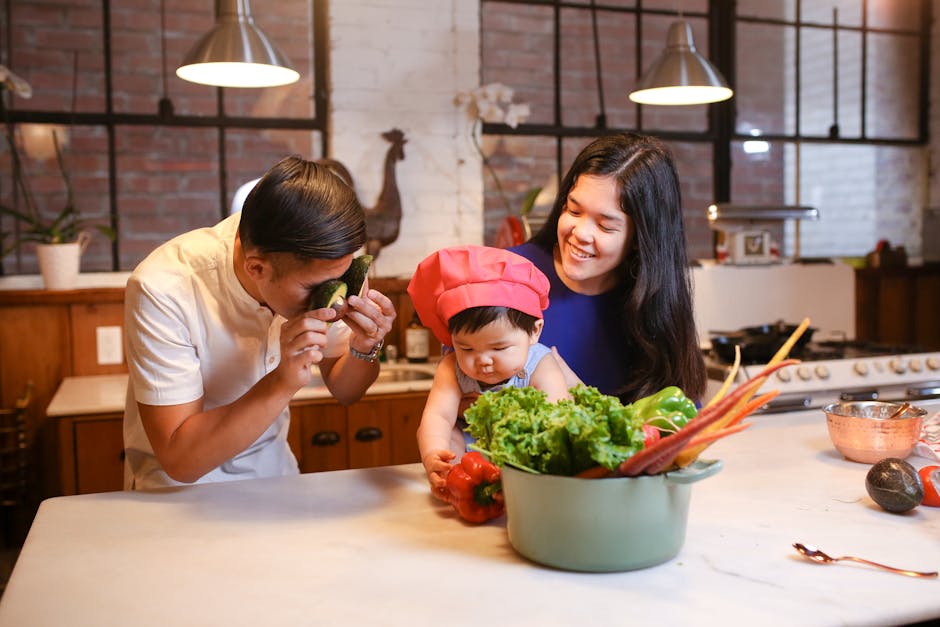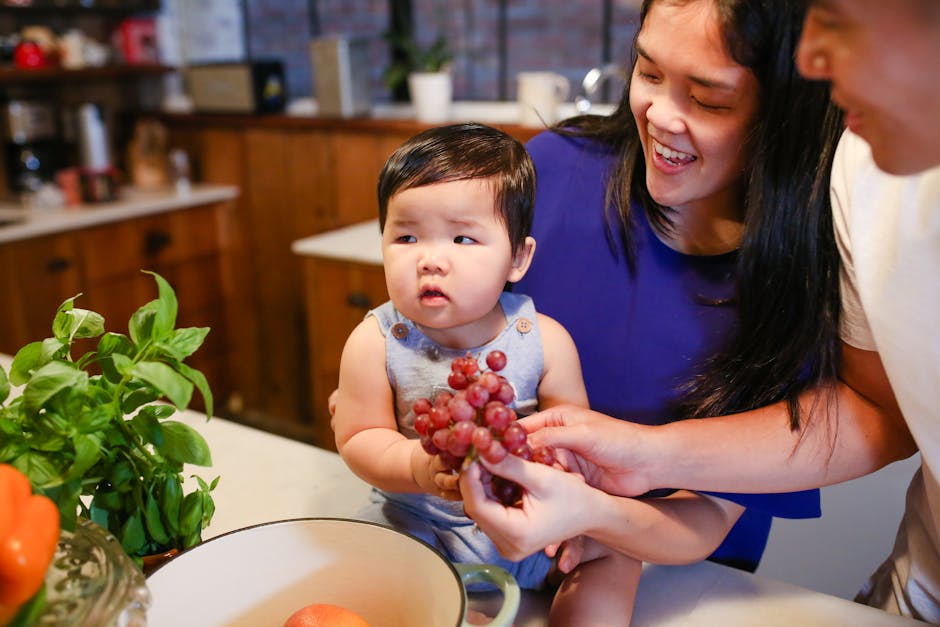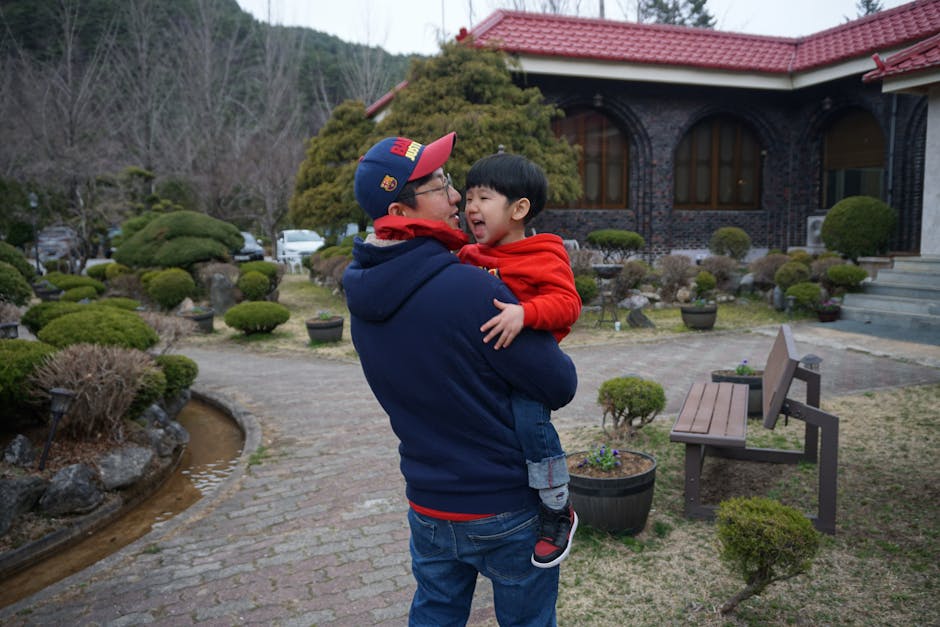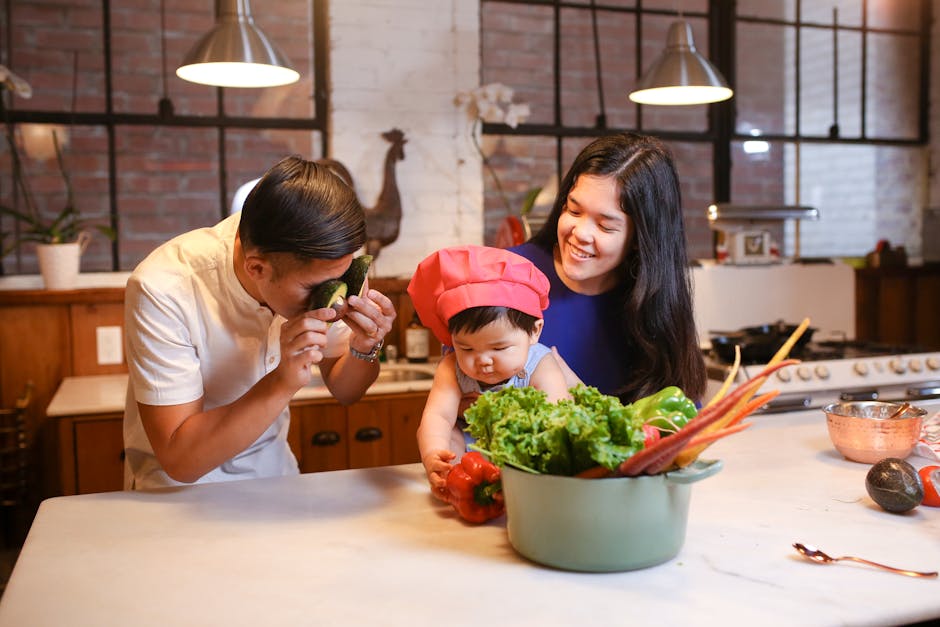Understanding ‘Dad’ in Korean: More Than Just 아빠 (Appa)
Understanding ‘Dad’ in Korean: More Than Just 아빠 (Appa)
Learning a new language often involves more than just memorizing vocabulary words. The nuances of language, the cultural contexts, and the subtle shifts in meaning based on situation are key to true fluency. This is especially true when dealing with terms of endearment and family relationships, such as the Korean word for ‘dad’. While 아빠 (appa) is the most common and widely understood term, a deeper dive reveals a richer tapestry of expressions reflecting Korean culture and family dynamics.

The Most Common Term: 아빠 (Appa)
아빠 (appa) is the most ubiquitous and universally understood term for ‘dad’ in Korean. It’s generally used by children of all ages and is considered a standard, informal term. Think of it as the equivalent of ‘dad’ or ‘daddy’ in English. It’s straightforward, affectionate, and widely accepted in most situations. Its simplicity makes it a perfect starting point for anyone learning Korean.
Example Sentences:
- 아빠, 사랑해요 (Appa, saranghaeyo) – Dad, I love you.
- 아빠, 저녁 먹었어요? (Appa, jeonyeok meogeosseoyo?) – Dad, did you eat dinner?
- 아빠는 어디에 있어요? (Appaneun eodie isseoyo?) – Where is dad?
Formal Alternatives: 아버지 (Abeoji) and 부친 (Buchin)
While 아빠 (appa) is perfectly acceptable in most informal settings, Korean culture places a strong emphasis on respect, particularly towards elders. Therefore, more formal terms exist for addressing one’s father, especially in formal settings or when speaking to strangers.
아버지 (Abeoji) is a more formal and respectful term for ‘father’. It’s used when addressing your father in a formal context, such as during a meeting or when speaking to someone older than you. It’s also appropriate when referring to someone else’s father. This is the equivalent of ‘father’ in English in formal contexts.
부친 (Buchin) is an even more formal and literary term for ‘father’. This term is rarely used in everyday conversation but appears frequently in formal written documents, such as official announcements, obituaries, or formal letters. It carries a strong sense of formality and respect.
Example Sentences:
- 아버지께서 건강하세요? (Abeoji kkeseo geonghanghaseyo?) – Is your father healthy?
- 제 아버지는 사업가입니다. (Je abeoji neun saeopganimnida.) – My father is a businessman.
- 고인의 부친께서는 선생님이셨습니다. (Go-inui buchin kkeseo neun seonsaengnimisyeosseumnida.) – The deceased’s father was a teacher.
Regional Variations and Dialects
Like many languages, Korean has regional dialects that influence pronunciation and vocabulary. While 아빠 (appa) remains widely understood, minor variations might exist in certain regions. These variations are generally minor and won’t significantly impact communication. However, being aware of potential regional differences can enhance your understanding of the language’s richness.
Cultural Context and Family Dynamics
The choice of term for ‘dad’ in Korean isn’t simply a matter of formality; it also reflects the intricate cultural context and family dynamics. The deeply rooted Confucian values in Korean culture emphasize respect for elders and hierarchical relationships within the family. This explains the existence of both informal and formal terms for father and the importance of choosing the appropriate term in various situations.

Beyond the Words: Showing Respect and Affection
Understanding the different ways to say ‘dad’ in Korean is just the first step. Korean culture emphasizes showing respect and affection through actions and gestures as much as through words. Offering assistance, showing deference, and engaging in respectful conversations are just as important as using the correct vocabulary.
Learning Resources and Further Exploration
Numerous resources are available to help you learn more about Korean vocabulary and culture. Online language learning platforms, textbooks, and immersion experiences can significantly enhance your understanding. Consider exploring Korean dramas, movies, and music to experience the language in a natural context.
Conclusion: Mastering the Nuances of ‘Dad’ in Korean
The seemingly simple question of how to say ‘dad’ in Korean opens a window into the richness and complexity of the language and its cultural context. Mastering the different terms, understanding their nuances, and appreciating the cultural significance behind them will significantly enhance your communication skills and deepen your appreciation for Korean culture. Remember, language learning is a journey, and continuous exploration and engagement are key to true fluency. From the informal 아빠 (appa) to the formal 아버지 (Abeoji) and 부친 (Buchin), the choice of words reveals not just the meaning but also the speaker’s relationship with their father and the social context of the interaction. Embrace the nuances, and you’ll find yourself communicating more effectively and authentically.
Frequently Asked Questions (FAQs)
What’s the difference between 아빠 (appa) and 아버지 (abeoji)?
아빠 (appa) is an informal term used by children and in casual settings, while 아버지 (abeoji) is a more formal and respectful term used in formal settings or when addressing someone else’s father.
When should I use 부친 (buchin)?
부친 (buchin) is a highly formal term rarely used in everyday conversation. It’s primarily used in formal written contexts such as official documents or obituaries.

Are there any other ways to refer to one’s father in Korean?
While less common, some might use affectionate nicknames or terms related to their father’s profession or personality. These are highly contextual and depend on individual relationships.
How can I improve my understanding of Korean culture related to family?
Immerse yourself in Korean media, such as dramas and movies, and explore cultural resources online. Interaction with native speakers is also invaluable.

